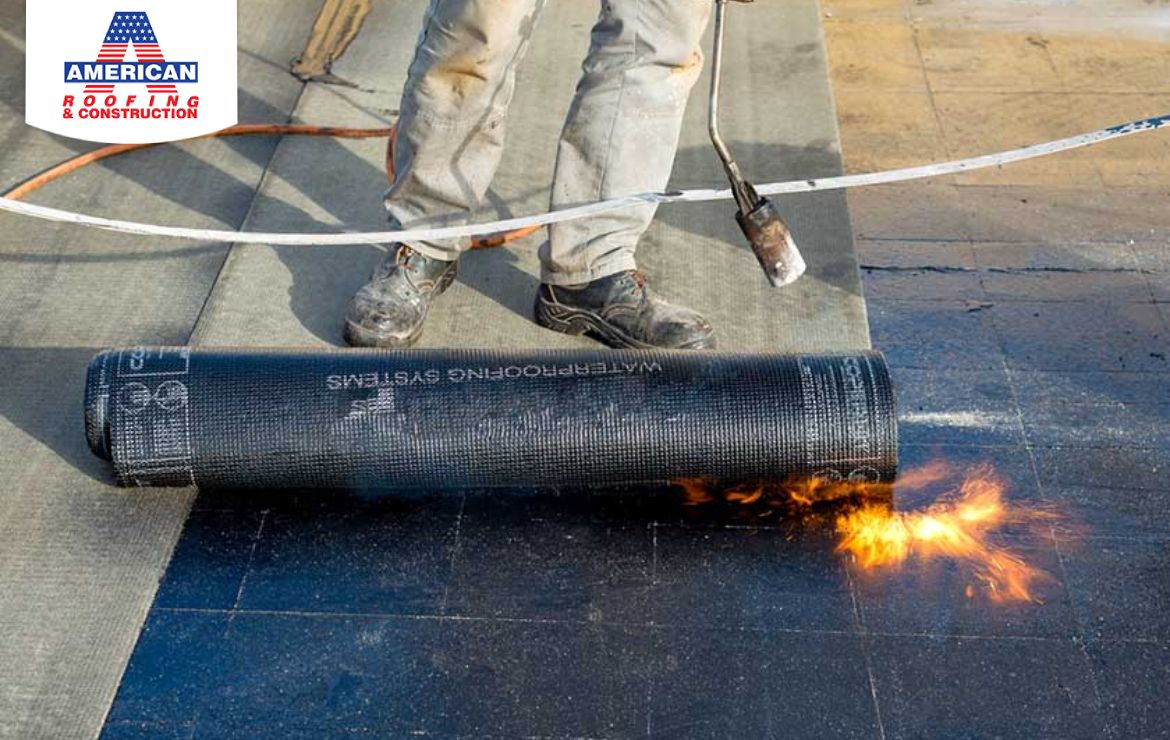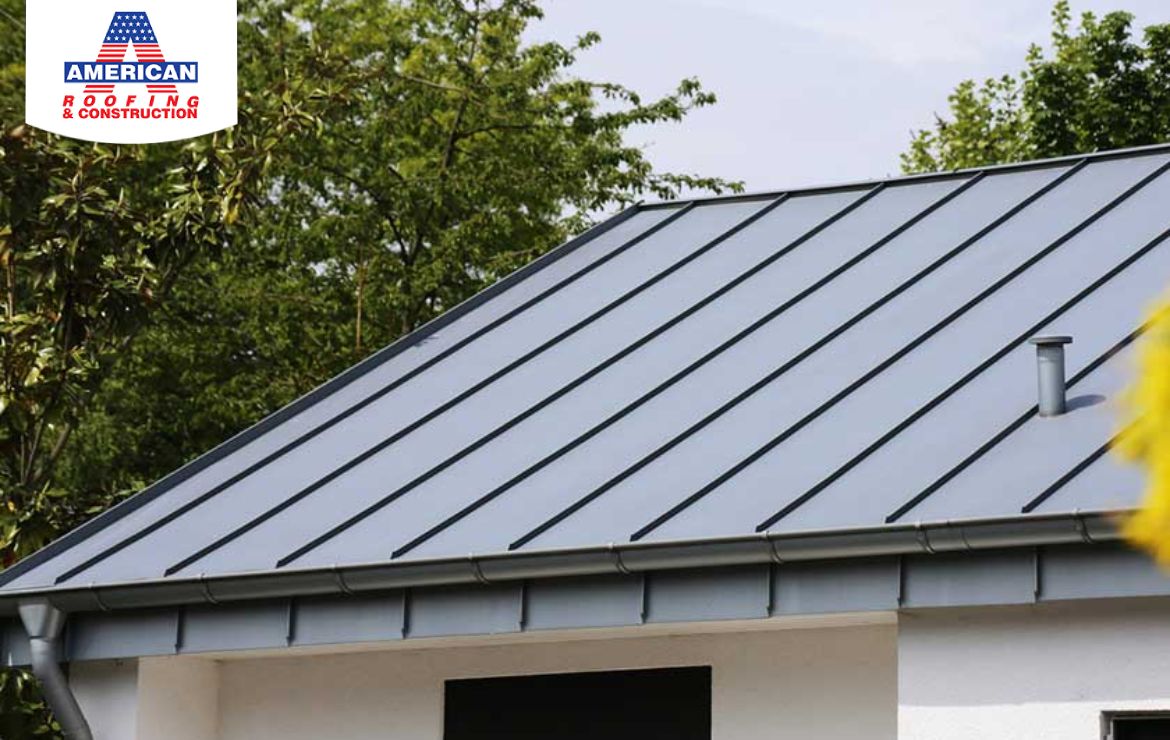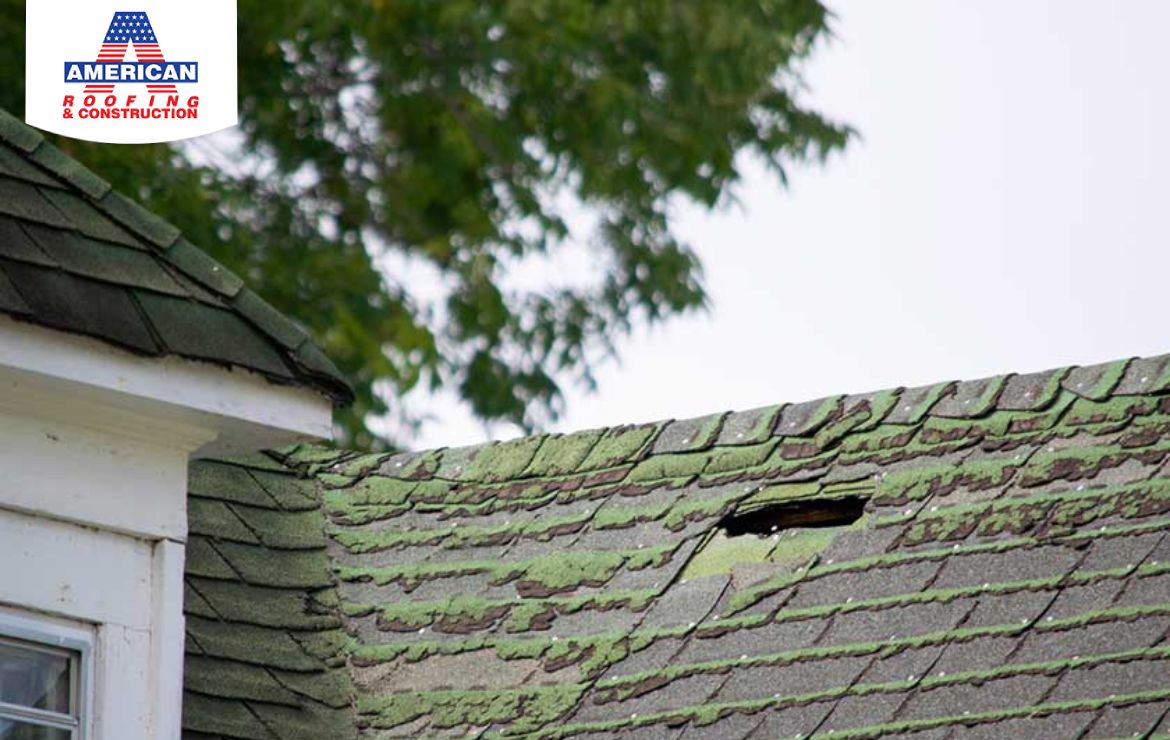
A flat roof has its advantages for your home’s style and energy efficiency. It can also be converted to a rooftop deck for more outdoor space. However, like other types of roofing, flat roofs have their share of common issues. Roofing company American Roofing & Construction, LLC discusses common design and maintenance issues of flat roofing.
For flat roofs, alligatoring is a common issue. It’s when the asphalt material on your roof is old and dried up causing your roof to crack. Resembling the skin of an alligator, your roof is more susceptible to further damage. Once your flat roof shows signs of alligatoring, make sure to replace it immediately. As a homeowner, it will be best to tend to your home’s issues to avoid wasting money and energy.
Flat roofing is more prone to having leaks and moisture problems because of its flat surface. The water can go straight down on the flat surface and seep through. A flat roof needs to have an effective gutter system to avoid any water-related damage. You may check signs of water damage like water stains in your attic and walls. You should only leave your leakage and moisture roof repair to professional roofers.
A flat roof has tendencies to form pools of water on its surface. Your roof shifts over time as your home ages, and this may cause divots and dips on the flat surface that can collect and pool water. This may lead to leaking and other water damage.
Unlike slanted roofs, flat roofs carry more pressure because of their flat structure. When the pressure builds up, it can lead to cracking. A cracked roof is not a good sign, you should consider roof replacement.
Trust only a professional roofer like American Roofing & Construction, LLC with your roofing job. Call us at (205) 223-2469 or fill out our contact form to schedule an appointment.


Comments are closed